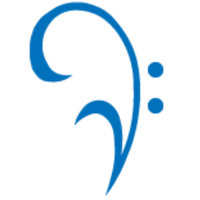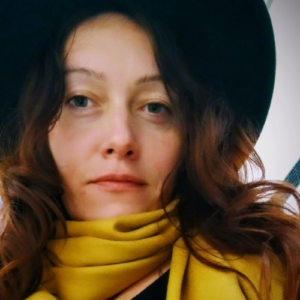Music therapy is an allied health profession, like physical therapy or speech therapy. Music therapists have theoretical and practical knowledge of music, human psychology and physiology, and work closely with a multidisciplinary team to provide individualized, evidence-based treatment for every person with ALS (pwALS) and caregiver (cALS).
Music therapy may look and sound like:
- listening to live / recorded music
- singing songs
- playing simple music instruments
- songwriting
- discussing favorite music
- creating music playlists for sleep, relaxation or mood boost
- music-supported visualizations
- gently exercising to music
- dancing / moving to music
- music-evoked reminiscing
- vocal or breathing exercises to music
- drawing to music
- instrumental or vocal improvisation
Benefits of music therapy for pwALS and cALS:
- psychological support and counseling
- relaxation and sleep facilitation
- self-expression
- mood enhancement
- energy boost
- moderate physical exercise
- pain management
- support for making decisions
- support for adjustment to the disease
- enhancing family dynamics
- community building
- respite care
- support for breathing, speech, swallowing and cough
No special music skills are needed to participate in music therapy. Volunteers, caregivers and patients cannot practice music therapy, but can be trained in therapeutic applications of music. Persons with ALS / MND, their caregivers and families, including children, can benefit form music activities. Some music therapy exercises prescribed by a therapist can be safely and effectively performed at home.
Download an information sheet on music therapy for persons affected by ALS / MND and share it with you multidisciplinary team today!

